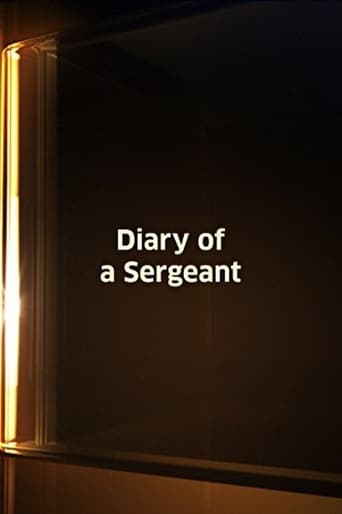

60 Years ago, William Wyler created a solid gem that rocked the world of film with the hopeful classic "The Best Years of Our Lives", a historical classic film about the reality faced by many WWII veterans when they returned home after years in the battlefield. Among the actors, there was a real soldier selected for an important role of a disabled veteran and the lucky chosen one was Harold Russell, who lost both arms not in combat but on a grenade accident during training on June 6, 1944 (while this happened in America, D-Day was taking its fateful course in Europe). Wyler made a perfect choice for the role of Homer Parish by casting Russell and the decision made by the director came after seeing this short documentary made by the military. The result: Russell delivered one of the greatest performances captured on film, a non professional actor but a very natural man in front of cameras and that role earned him two Oscars: one as Best Supporting Actor and a special Oscar for his acting, the latter given because the Academy thought Russell couldn't stand a chance in the competitive category against veterans such as Claude Rains and Charles Coburn, just to mention a few of the nominees. Strangely enough, I've seen both of the mentioned films just this year for the very first time; however, this wasn't exactly my introduction to Harold Russell. The first film I've seen with him was "Inside Moves" (1980), his second film performance, and a true class act, which made me curious about who was the man."Diary of a Sergeant" presents the real Russell making some re-enactments about his period in the hospital after losing both hands. We follow his sadness and complete confusion trying to imagine in what possible ways he could go back to a normal life despite the absence of his members. One day, he was presented to another short film by the Army called "Meet McGonegal", a film about an ordinary man who also lost his hands and instead of them received metal hooks to adjust and improve his daily life. That was the wake up call to Russell, who immediately went after similar devices and spent several months training to get used to use his new "arms and hands" to accomplish doing everything independently, his main goal. Indeed, a trajectory of success. A sublime project made with the purpose of raising the morale of the injured military personnel, "Diary of a Sergeant" end up actually providing for a lot more. The short film (then) was restricted to that audience but since Wyler was on the military filming the war he was able to conceive his project, get a small portion of what was real and bring it to larger audiences, later turned into one of the greatest box-offices of that year. To us, in the present and years to come the short film works to see one of the greatest and unplanned film auditions of all time. The army knew and Wyler knew that there's something special about Mr. Russell - a charismatic, expressive and very talented young guy. Just watch both this film and "The Best Years..." and see how great is. His face seems to tell a thousand stories, several emotions at the same time. But bear in mind that the Russell we see in Wyler's classic received acting classes by the studio (a fact that infuriated the director because he wanted Russell to be as natural as possible) and the Russell we get with the army project is only 70 percent of him since he's dubbed by another actor. It can't be verified if the real man had a diary that told his recovering days in the hospital but the real goal is accomplished, in fact a lot more than the film Russell saw along with the other disabled veterans. Russell went ahead, perfect his way in using the hooks (he could do everything from changing clothes to lighting a cigarette), followed Wyler's advice of getting a college degree and succeed it in other business, living a blessed life, in full plenty. More cannot be asked about this short film. Sure, wars come and go, technologies also improve (now there's amazing prosthetics to replace both arms and legs) but for the time this great man lived the hooks was the best thing available and he made an important and great use of them. 10/10
... View More